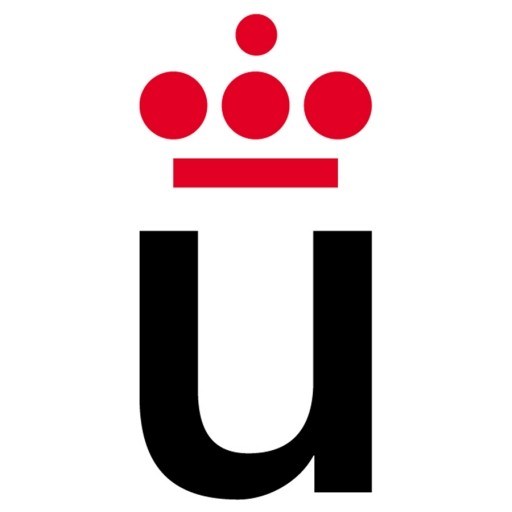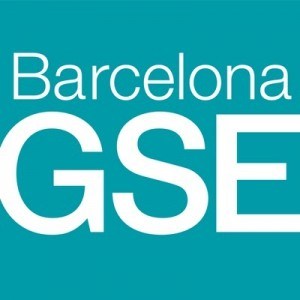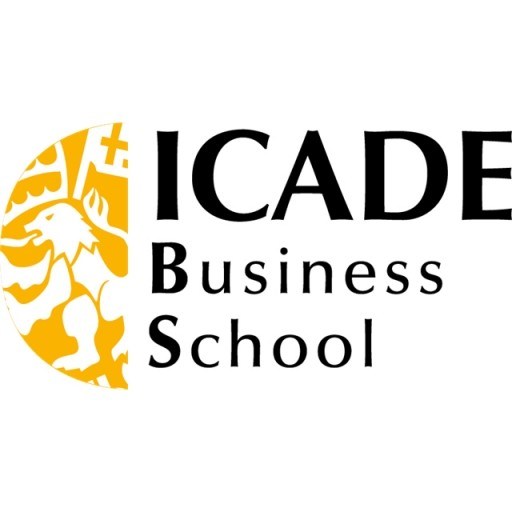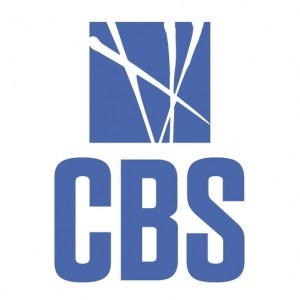The Institutional Framework and Economic Growth program at King Juan Carlos University offers students a comprehensive understanding of the complex relationship between institutional structures and their influence on economic development. This program is designed to provide a deep dive into the theoretical foundations and practical applications of institutional economics, exploring how legal, political, and social institutions shape economic policies, growth trajectories, and development strategies across different regions and countries. Students will examine various models of institutional influence, analyzing case studies and empirical research to identify best practices and policy implications that foster sustainable economic progress. The curriculum emphasizes critical thinking, data analysis, and research skills, preparing graduates for careers in academia, public policy, international organizations, or consultancy roles focused on economic development. Participants will have access to cutting-edge resources and are encouraged to engage actively in seminar discussions, research projects, and collaborative initiatives that address real-world economic challenges. Throughout the program, students will also explore the role of governance, institutional reforms, and legal frameworks in promoting inclusive growth and reducing inequality. The program’s interdisciplinary approach ensures that students gain insights from economics, political science, law, and sociology, equipping them with a holistic perspective necessary for designing effective policies and strategies. Graduates will be well-equipped to contribute to the formulation and implementation of institutional frameworks aimed at fostering economic resilience and promoting long-term development. The program positions students to understand the dynamic interplay between institutions and economic outcomes, providing a solid foundation for impactful careers dedicated to advancing economic growth through institutional innovation and reform.
The Institutional Framework and Economic Growth program at King Juan Carlos University offers a comprehensive exploration of the fundamental institutions and mechanisms that drive economic development in both developed and developing countries. This program is designed to provide students with a deep understanding of how political, legal, and social institutions influence economic performance and growth trajectories. Through a multidisciplinary approach, students examine key topics such as the role of government policies, institutional quality, property rights, governance, and legal frameworks that create an environment conducive to sustainable economic development.
The curriculum covers the theoretical foundations of institutional economics, analyzing how institutions shape individual and collective behavior. Students gain insights into the various types of institutions — including formal organizations, laws, regulations, and informal norms — and their impact on economic stability, innovation, and productivity. The program also delves into empirical case studies that highlight successful institutional reforms and analyze the challenges faced by countries with underdeveloped or fragile institutions.
Special emphasis is placed on the relationship between institutional quality and economic growth, emphasizing how strong institutions can foster investment, improve resource allocation, and enhance social trust. Students will explore the dynamics of corruption, political stability, and institutional reforms, assessing their influence on economic outcomes. The course also addresses contemporary issues such as globalization, technological change, and their effects on institutional development.
Furthermore, the program offers practical training in policy analysis and evaluation, equipping students with the skills necessary to assess institutional frameworks critically. Students will engage in research projects, data analysis, and policy simulations to develop strategic solutions for improving institutional effectiveness. Graduates of this program will be well-prepared for careers in public policy, economic consultancy, international organizations, and academic research, contributing meaningfully to the formulation and implementation of policies that promote sustainable economic growth and development.
Overall, the Institutional Framework and Economic Growth program combines rigorous theoretical instruction with practical application, fostering analytical thinking and policy-oriented problem solving. It aims to cultivate professionals capable of understanding complex institutional challenges and designing effective solutions to foster economic progress in diverse contexts.
Institutional Framework and Economic Growth programme at King Juan Carlos University requires students to complete a comprehensive curriculum that integrates theoretical and practical knowledge in economics, public policy, and institutional analysis. The programme emphasizes understanding the role of institutions in fostering economic development and growth, examining how legal, political, and social frameworks influence economic performance. Students are expected to engage with core courses such as Economics of Institutions, Political Economy, Development Economics, Public Policy Analysis, and Economic History, which provide a solid foundation in economic theory and empirical methods. In addition, the programme offers specializations and electives that allow students to explore advanced topics like Institutional Reforms, Governance and Economic Development, and International Economics, facilitating a holistic understanding of the complex interactions between institutions and economic growth.
To graduate, students must complete a set of compulsory courses totaling a specified number of credits, typically around 240 ECTS, including a mix of lectures, seminars, workshops, and research projects. Practical training or internships are often encouraged to provide real-world insights into institutional frameworks and their impact on economic policies. A research thesis or capstone project is required, wherein students must demonstrate their ability to analyze specific institutional issues affecting economic development using qualitative and quantitative methods. The evaluation criteria include coursework performance, participation in class discussions, research proposals, presentations, and the final thesis defense.
Furthermore, the programme promotes internationalization through exchange opportunities and encourages participation in conferences, workshops, and seminars that focus on current issues in institutional frameworks and economic growth worldwide. It also aligns with national and European Union policies aimed at strengthening institutional capacity and promoting sustainable economic development. The academic staff comprises experts with extensive research backgrounds in institutional economics, public policy, and economic growth, providing students with mentorship and access to a network of professionals and researchers. Graduates are prepared for careers in public administration, international organizations, research institutions, and consultancy firms working to enhance institutional efficiency and promote economic development.
Overall, the programme's aim is to equip students with the theoretical insights, analytical skills, and practical experience necessary to analyze and influence the institutional factors that shape economic growth, thereby contributing meaningfully to policy-making processes and economic development initiatives at various levels.
The financing studies for the Institutional Framework and Economic Growth program at King Juan Carlos University are designed to provide students with comprehensive insight into the various sources and mechanisms of funding that support institutional development and economic expansion. The program emphasizes the importance of understanding both public and private sector financing, including governmental budgets, international aid, development banks, and private investment vehicles. Students will explore the role of fiscal policy, monetary policy, and financial markets in facilitating economic growth, alongside learning about innovative financing models such as public-private partnerships and impact investing. The curriculum also covers the evaluation of financial sustainability and the importance of efficient resource allocation for long-term development objectives.
Funding for students may come from multiple sources. The university offers scholarships and grants aimed at supporting students with financial need, academic excellence, or specific socio-economic backgrounds. There are also government-funded financial aid programs and external scholarships from national and international organizations that students can access based on merit or financial situation. Additionally, students are encouraged to seek internships and cooperative education opportunities that may provide stipends or stipendiary support, contributing to their financial stability during studies.
The program's structure includes modules on fiscal and monetary policy, international financial institutions, and project finance, which are essential for understanding how financial strategies underpin effective governance and economic growth. Students are also introduced to emerging financial technologies and their implications for institutional funding and economic development. Practical workshops and case studies enable learners to analyze real-world financing scenarios and develop strategic solutions aligned with sustainable growth objectives.
Career prospects in the field may be enhanced through knowledge of financial management, policy analysis, and strategic planning, which are critical skills in both public administration and private sector organizations. The program also promotes awareness of the importance of ethical considerations, transparency, and accountability in financial dealings, which are vital for fostering trust and stability in institutional and economic contexts. Overall, the financing studies component of the program aims to equip students with the analytical tools and practical knowledge necessary to navigate and influence the complex financial landscape that supports institutional frameworks and economic growth at local, national, and international levels.
Institutional Framework and Economic Growth are integral components of the curriculum offered at King Juan Carlos University, designed to equip students with a comprehensive understanding of the interconnectedness between institutional structures and economic development. The program explores the theoretical foundations and practical applications of how political, legal, and organizational frameworks influence economic trajectories at national and international levels. Specialized modules delve into the mechanisms through which institutions contribute to economic stability, growth, and development, examining case studies from different regions and periods.
Students are introduced to key concepts such as institutional economics, governance, public policy, and regulatory mechanisms, enabling them to analyze the effectiveness of various institutional arrangements. The curriculum emphasizes the importance of sound institutional design in fostering an environment conducive to innovation, investment, and sustainable development. It also explores the role of institutional reforms and their impacts on economic performance, considering both historical and contemporary contexts.
Furthermore, the program examines the relationship between economic growth and institutional quality, incorporating empirical research and data analysis techniques. Students learn to assess the influence of corruption, property rights, political stability, and legal systems on economic outcomes. The course prepares graduates to engage in policy analysis, economic modeling, and strategic planning in governmental, non-governmental, and private sector institutions.
Throughout the studies, students benefit from a multidisciplinary approach, integrating insights from economics, political science, sociology, and law. They develop critical thinking skills and the capacity to evaluate institutional reforms' potential to promote economic development in diverse settings. Practical workshops, seminars with experts, and research projects provide experiential learning opportunities.
Graduates of the program are equipped to pursue careers in public administration, international organizations, economic consultancy, and academia. They possess a solid understanding of how institutional quality underpins economic growth and are capable of contributing to policy formulation, institutional assessment, and strategic economic planning. The program aligns with global efforts to enhance institutional capacity and foster sustainable economic development, making its graduates valuable assets in the pursuit of improved governance and economic progress worldwide.






